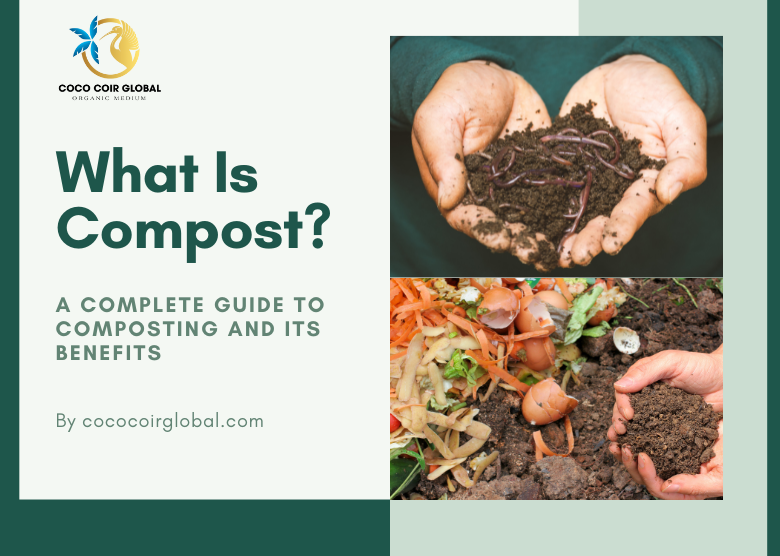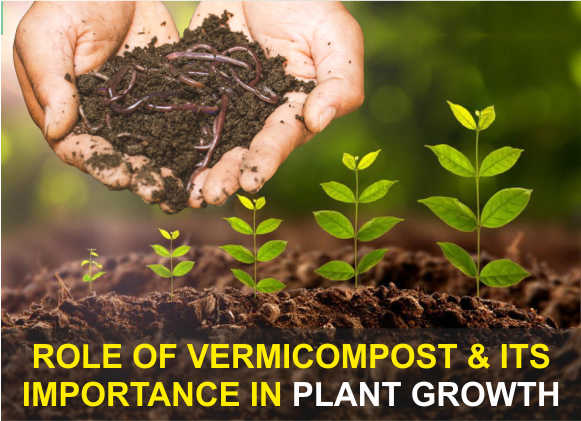The Ultimate Guide To Red Wiggler Express
Table of ContentsThe Definitive Guide to Red Wiggler ExpressThe Greatest Guide To Red Wiggler ExpressThe Definitive Guide for Red Wiggler ExpressFascination About Red Wiggler ExpressThe 6-Minute Rule for Red Wiggler Express

If you're at all in tune to the farming news of late, you're aware that dirt health remains in decline throughout the world an issue that is having a dreadful impact on our food systems. The response to this international issue? Worms. Whole lots of them. However just how, you ask? Well, vermicomposting, naturally.
Some begin vermicomposting as a leisure activity and scale up, whereas others have the intent right from the beginning to create a profit-making organization. They might be farmers, area yard volunteers, entrepreneurs, landscapers, greenhouse cultivators, or team at establishments that generate food waste.
The Best Strategy To Use For Red Wiggler Express
One of one of the most usual reasons for venturing right into commercial vermicomposting is the desire to reuse natural waste into products that boost soil and plant health. Soil health and wellness has actually recently come to be an essential global worry. The United Nations Food and Agriculture Company stated 2015 the International Year of Dirts to increase understanding of soil's function in food safety and security and healthy and balanced ecological community function.

In the interior of a garbage dump, organic materials break down in an anaerobic environment and release methane, a greenhouse gas that is 25 times more potent than co2 (Vermicompost). A far better choice to landfilling food waste and various other natural products is to vermicompost them. What was once taken into consideration waste can be changed right into valuable products that nourish soils and plants
The Buzz on Red Wiggler Express
For the past 25 years in loads of files, book chapters, and meetings, I have actually referred to the completed product of vermicomposting as vermicompost. This term is often made use of to determine the blend of earthworm spreadings (feces) and uneaten bed linen and feedstock (natural material) that is gathered from worm beds.
After substantial idea, I chose to make use of the term vermicast throughout this publication, for two crucial reasons. One is due to the fact that lots of people utilize the terms garden compost and vermicompost mutually, not realizing that the end product of vermicomposting is qualitatively various from compost. I believe it would certainly benefit the vermicomposting sector to distance itself from the term garden compost in describing its products.
Composting is the regulated process of converting natural products right into an important soil modification under cardio conditions utilizing naturally generated heat. In comparison, a vermicomposting stack or worm container need to be maintained to ensure that it does not warm up. In a garden compost heap the types and quantities of varieties of bacteria transform when the heap gets to thermophilic temperature levels of 106F (41C) or greater.
Rumored Buzz on Red Wiggler Express
The bottom line marking the distinction between garden compost and vermicast, though, (https://www.anyflip.com/homepage/wqlom#About) is that the latter has actually gone through earthworms. Hence, vermicomposting is extra similar to animals production than to composting; it calls for animal husbandry skills to properly care for the worms. A 2nd factor to utilize the term vermicast is to avoid item labeling that can be perplexing to customers.
Imaginative Commons. Worm spreading is the end product of worm food digestion and can be merely referred to as worm manure. It is rich in organic matter and helpful microbes that produce and help your garden. Study carried out by Professor Arancon from the College of Hawaii at Hilo has revealed that using earthworm dirt modifications increases the development, blooming, and return of plants such as bell peppers, strawberries, and grapes.
Sustainable gardening is practiced when no-cost or low-cost changes such as making use of worm spreading from vermicomposting is incorporated. Gathered organic matter in vermicompost containers. Image by Maggie Chen. Worms play this essential function in the vermicomposting procedure and likewise in minimizing the results of climate modification. Landfill gas (LFG) is discharged as an all-natural byproduct of organic material disintegration, such as food waste decomposing in land fills.
In the past two hundred years after the Industrial Change, methane concentrations within the atmosphere have greater than doubled due in big part to anthropogenic human-related activities (Gardening). Around 50 percent of LFG launched from land fills is carbon dioxide and the rest is a tiny percentage of non-methane organic substances. Methane is a potent greenhouse gas that stays in the ambience for a much shorter time in contrast to carbon dioxide but both are released in the environment in huge quantities from varying resources among which is organic material decomposition from land fills
Some Known Details About Red Wiggler Express

Is there a food waste or vermicomposting system on your neighborhood university? It is seen that long enduring and impactful actions on a system large scale can begin with a single tiny worm. Worms might be typically associated with this gory and scary season, but when thinking about the interconnected effect of the vermicomposting process (on boosting soil wellness and plant growth in your yard, minimize environment adjustment, and empowering students) offer some gratitude to the plentiful advantages that worms provide.